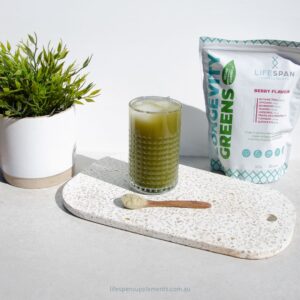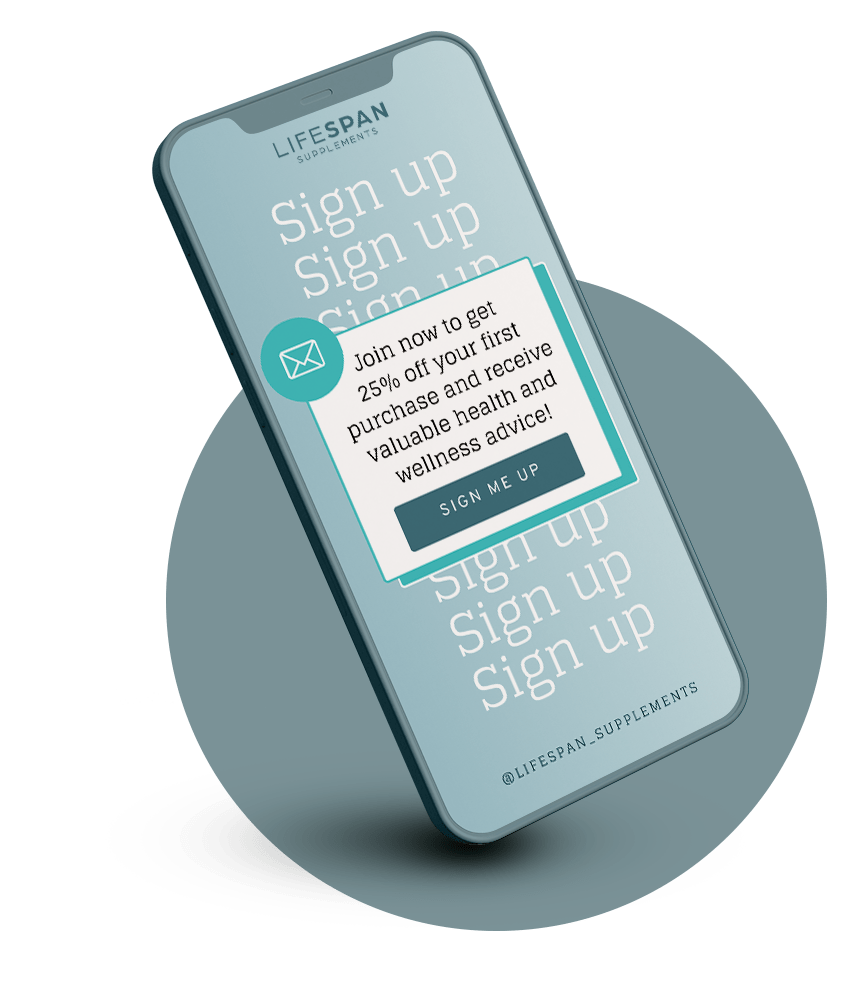Evening Lifespan Community
How’s your fitness journey traveling? Staying on track??? How’s your sleep going???? These are some questions you need to ask yourself and check in.
Well this topic is important and thats sleep. Check out this podcast below with two Dr’s discussing the importance of sleep.
Dr. Matthew Walker is a specialist in the study of slumber and the founder-director of the Centre for Human Sleep Science at the University of California, Berkeley. The influential British neuroscientist is the author of the international bestseller Why We Sleep (2017), recommended by The New York Times for “night-table reading in the most pragmatic sense” and endorsed by Bill Gates. In addition to examining how sleep affects the brain and body, Matthew has analysed everything from its role in Alzheimer’s disease and depression to how it can facilitate learning and, potentially, extend our life expectancy. He received his Ph.D. from the Medical Research Council at Nottingham University in London in 1996, eventually becoming an assistant professor of psychiatry at Harvard Medical School in 2004. As a certified sleep scientist, Matthew has conducted extensive research and studies into the impact of sleep and how it affects our physical and mental health.
Here is the full article on the master class on to tackle your sleep issues or concerns.
Check out this out to find some treatments for your sleep concerns.
https://www.masterclass.com/articles/matthew-walker-on-improving-sleep-quality#a-brief-introduction-to-matthew-walker
Also this second podcast dives into the importance of sleep and fighting cancer and boosting your immune system. Check it out, its only a few mins of your time.
Interesting research and findings coming out… Its so important.
Few quick tips for improved sleep
- In the evening, limit your exposure to blue light.
- Caffeine should not be consumed late in the day.
- Reduce the number of long or irregular afternoon sleeps.
- Attempt to sleep and wake at regular intervals.
- Take a melatonin pill to help you sleep better.
- Avoid consuming alcoholic beverages.
- Make the most of your sleeping quarters.
- Set the temperature in your bedroom.
- Avoid eating late at night.
- Take a bath or shower to unwind.
Check out the article and podcasts for some important information.
Until next week Lifespan team.
Walk and breath, you got this.







